
#30 Café Evropa - Jak podpořit české startupy?
Veřejné natáčení podcastu - Jak je na tom Evropa 80 let od konce 2. světové války?
EuroLens Journal #1: Bezpečnost Evropy v sázce
O Institutu EUROPEUM
EUROPEUM je nezávislý think-tank zaměřený na evropský integrační proces. Provádíme původní výzkum a organizujeme veřejné aktivity. Dále formulujeme nové myšlenky a doporučení ke zlepšení domácí a evropské politiky.
Události
Pořádáme pravidelné semináře, debaty, konference, workshopy a kulaté stoly zaměřené na aktuální evropská témata.
Projekty
Naše dlouhodobé projekty pomáhají zvyšovat povědomí o Evropské unii a posilují mezinárodní spolupráci.
Články
Náš výzkumný tým publikuje články reagující na témata spojená (nejen) s evropskou integrací.
Události
Pořádáme pravidelné semináře, debaty, konference, workshopy a kulaté stoly zaměřené na aktuální evropská témata.
Projekty
Naše dlouhodobé projekty pomáhají zvyšovat povědomí o Evropské unii a posilují mezinárodní spolupráci.
Články
Náš výzkumný tým publikuje články reagující na témata spojená (nejen) s evropskou integrací.


Evropské čtvrtky ve Skauťáku
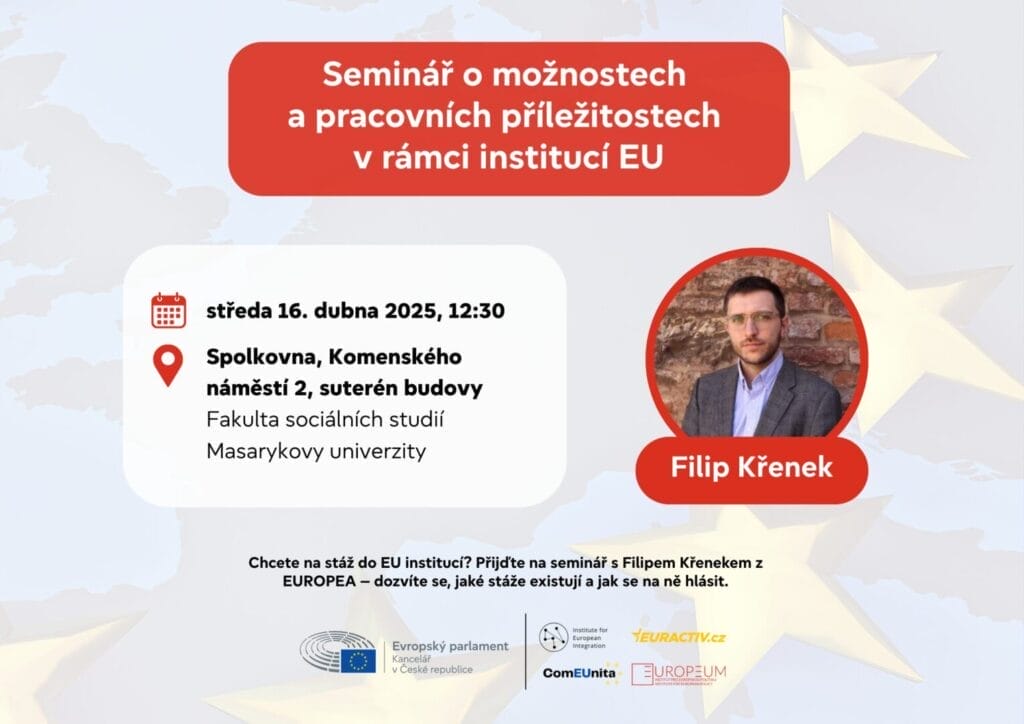
Seminář o možnostech a pracovních příležitostech v rámci institucí EU

Co nového v Evropském parlamentu? Reflexe plenárního zasedání

Debata Café Evropa: Co všechno se mění s klimatem?
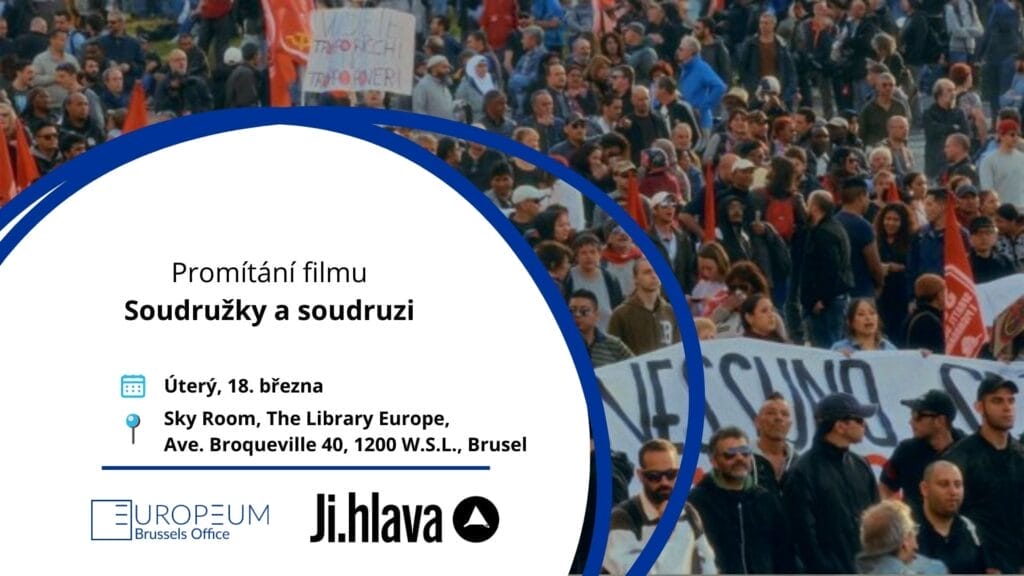
Ji.hlava 2025 | Promítání filmu Soudružky a soudruzi
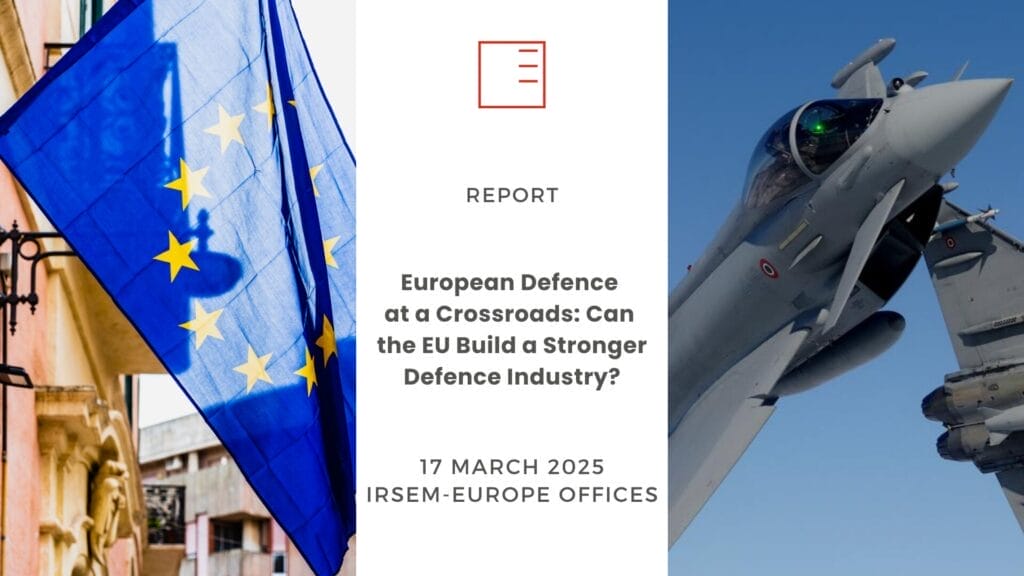
Report | Evropská obrana na rozcestí: Může EU vybudovat silnější obranný průmysl?

ČRo Plus | Obrat nebo další taktika? Trump mluví o snadném řešení celních sporů
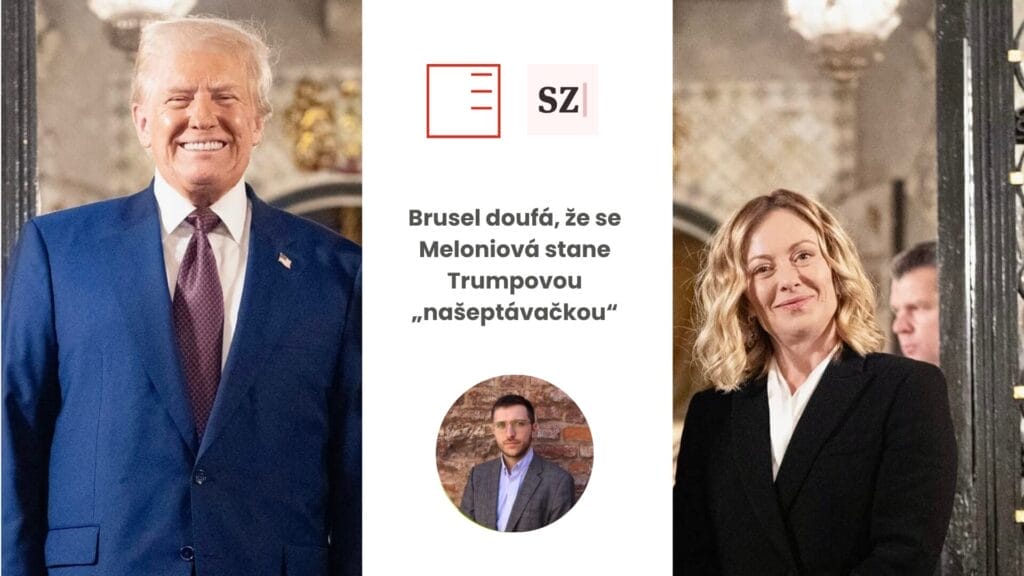
Seznam Zprávy | Brusel doufá, že se Meloniová stane Trumpovou „našeptávačkou“
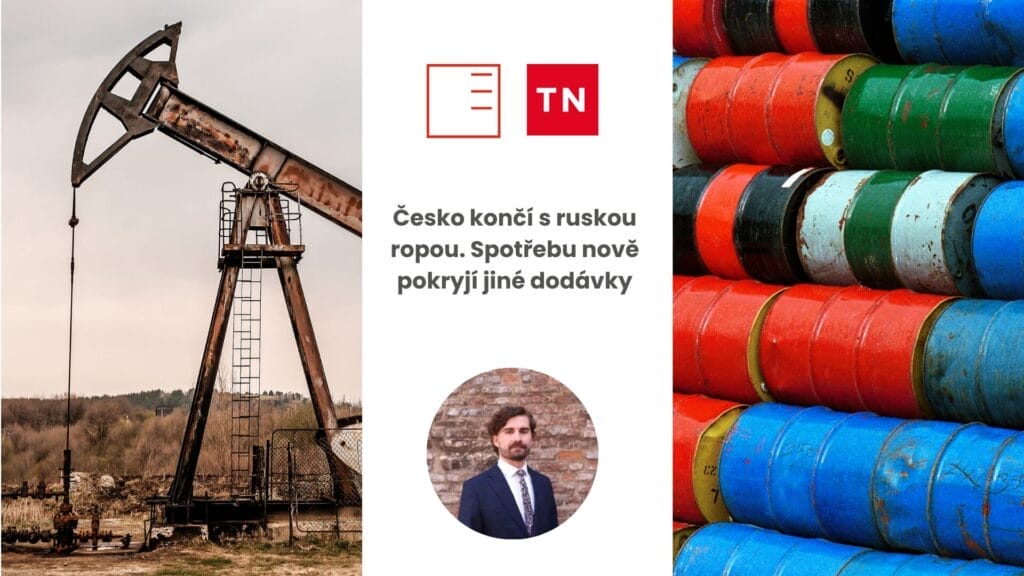
TN Live | Česko končí s ruskou ropou. Spotřebu nově pokryjí jiné dodávky
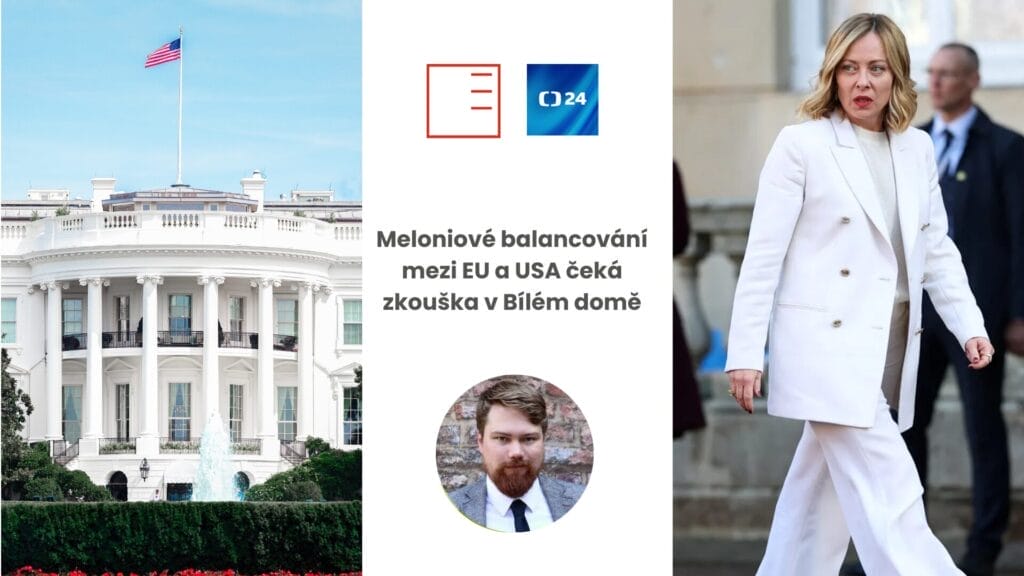
ČT24 | Meloniové balancování mezi EU a USA čeká zkouška v Bílém domě

Ekonomický deník | EU sjednocuje sdílení dat o veřejných dobíjecích stanicích

CNN Prima News | Evropa dala Trumpovi další šanci. Nabídla mu cukr, ale hrozí i bičem, vysvětluje expert

JustGreen
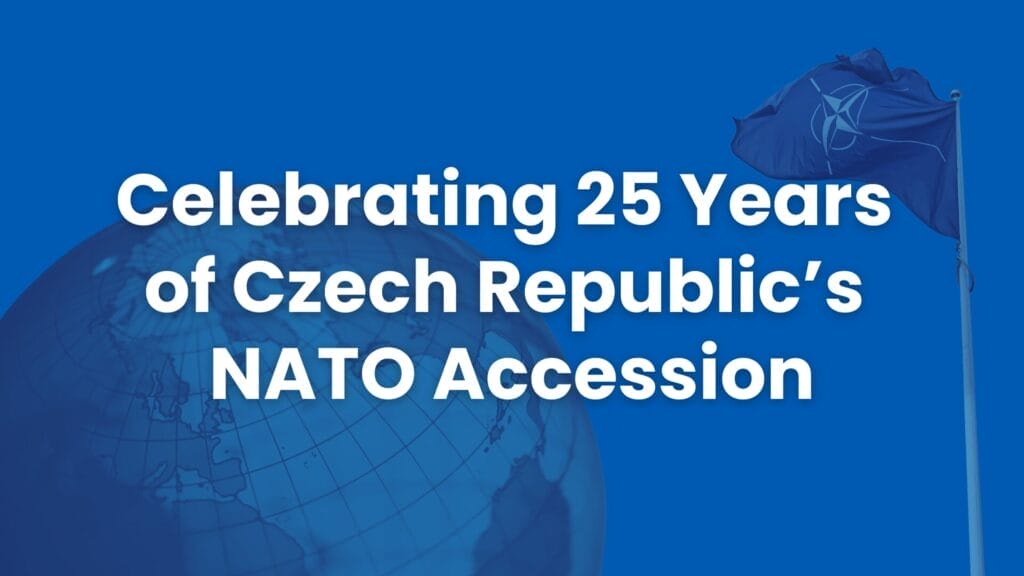
Celebrating 25 Years of Czech Republic’s NATO Accession

Pomoc nezávislým médiím a organizacím občanské společnosti při zajištění přístupu k spolehlivým informacím o Evropské unii a rozšíření EU na sociální média v Arménii.
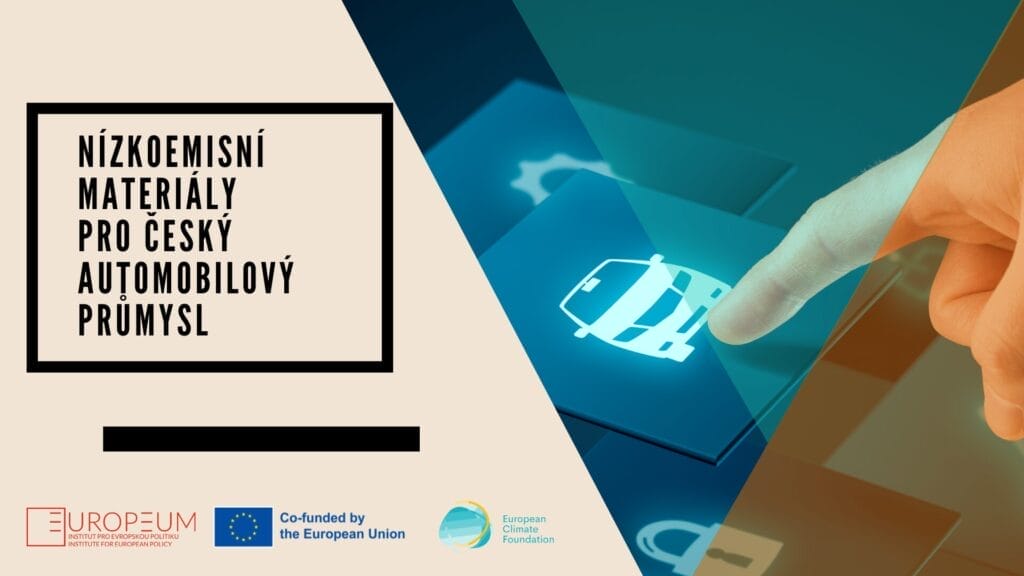
Nízkoemisní materiály pro český automobilový průmysl

Platform Revolution: utváření budoucnosti pro práci v EU a na západním Balkáně
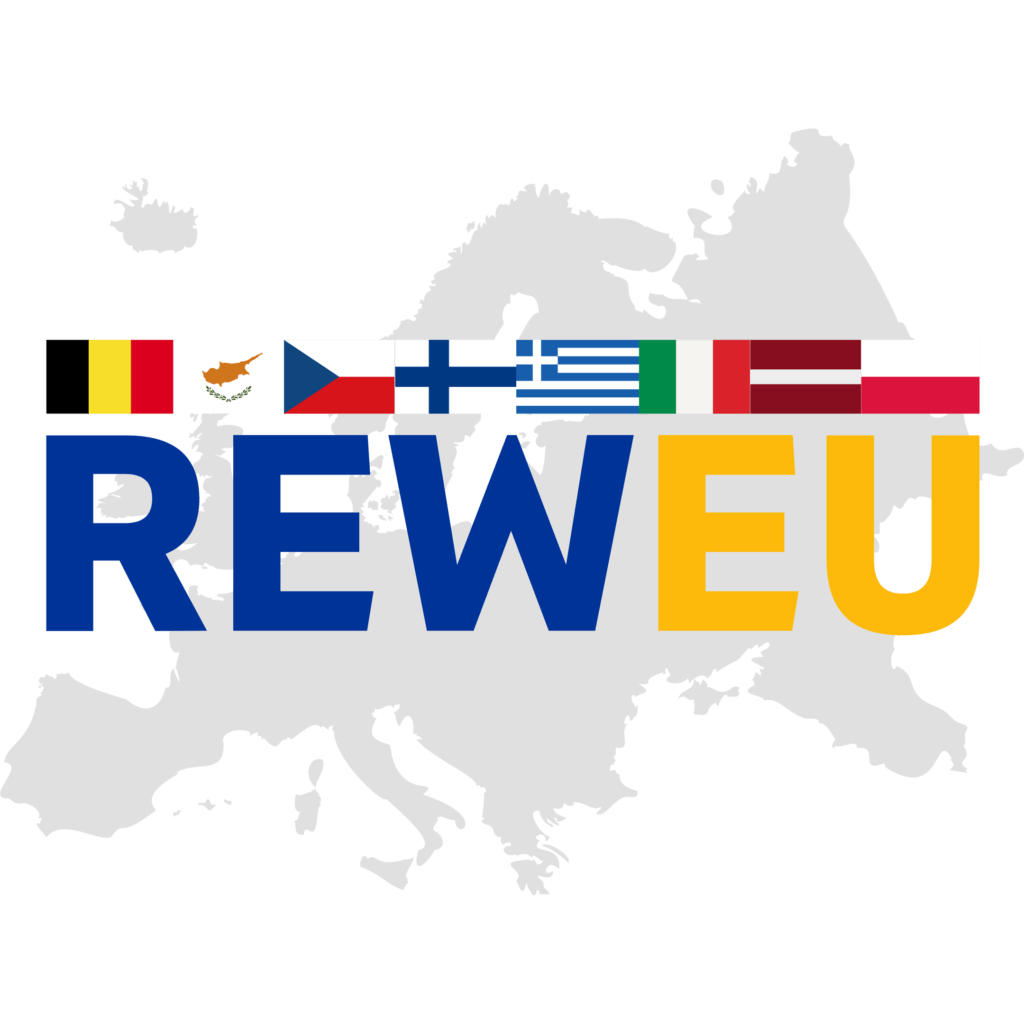
REWEU
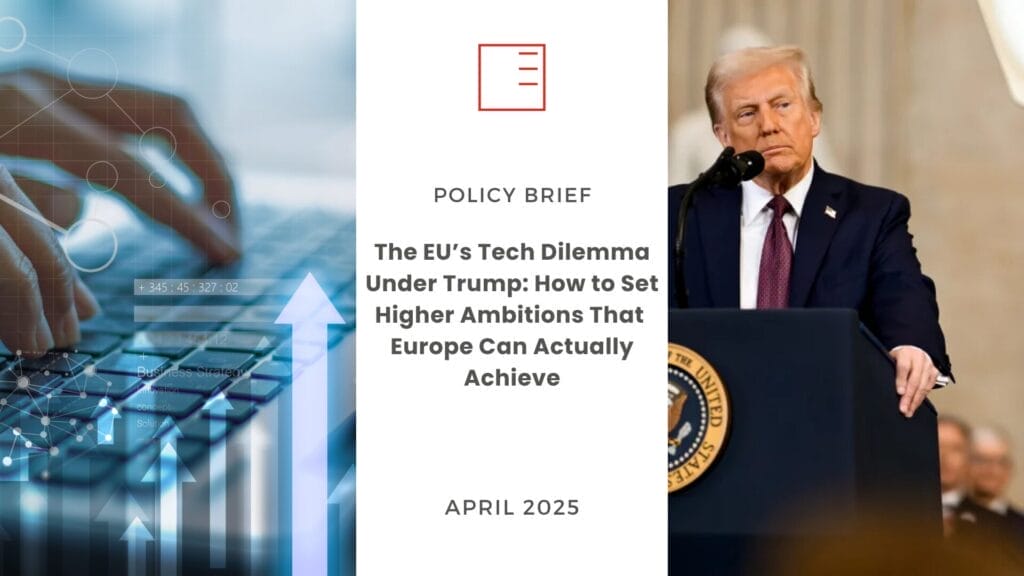
Policy Brief | Technologické dilema EU za Trumpa: Jak si stanovit vyšší ambice, které Evropa skutečně může dosáhnout — 10 doporučení pro cílenou evropskou technologickou strategii
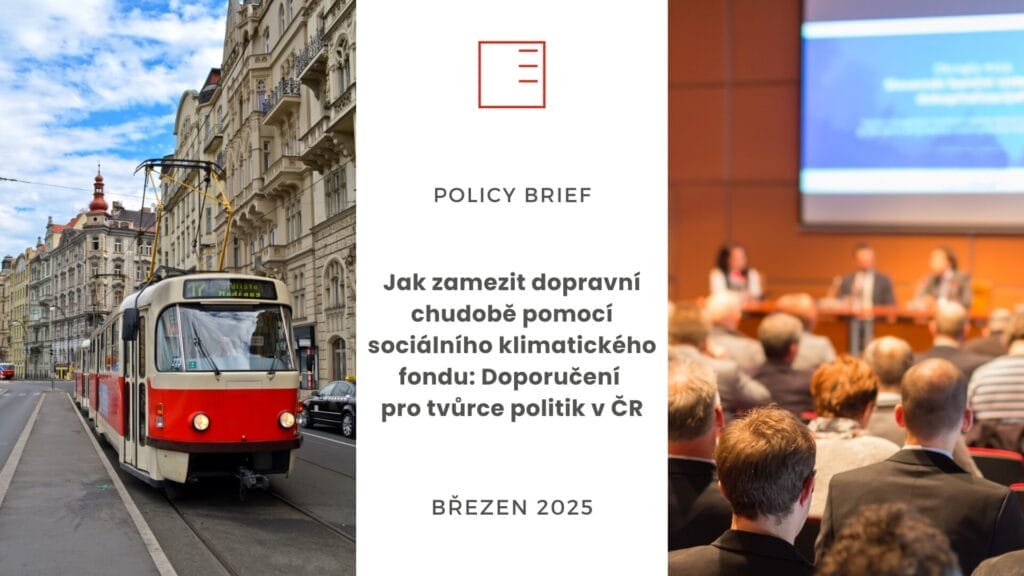
Policy Brief | Jak zamezit dopravní chudobě pomocí sociálního klimatického fondu: Doporučení pro tvůrce politik v ČR
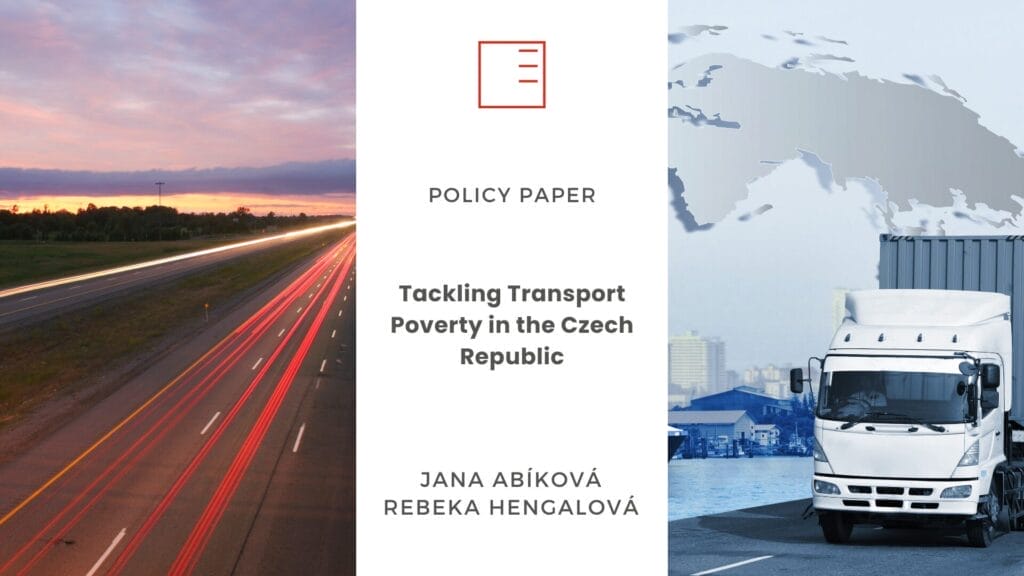
Policy Paper | Řešení dopravní chudoby v České republice

Podkladový dokument | Mapování platforemní práce v Česku

Podkladové dokumenty | Mapování platforemní práce
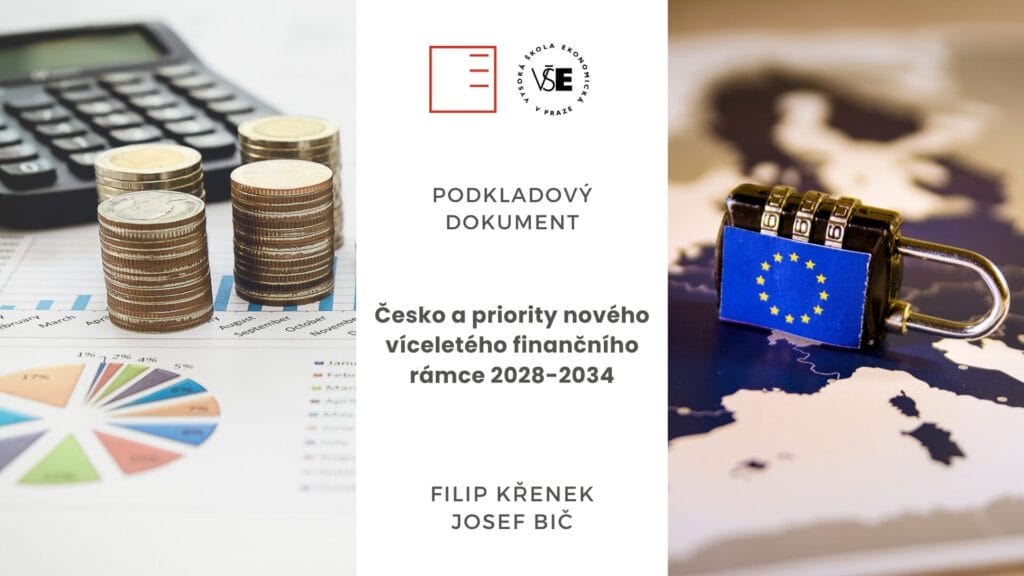
Podkladový dokument | Česko a priority nového víceletého finančního rámce 2028-2034
Sledujte nás na X
Poslechněte si náš podcast
Napište nám
Můžete nás kontaktovat vyplněním formuláře níže, e-mailem, telefonicky nebo prostřednictvím sociálních médií.
110 00, Praha 1













